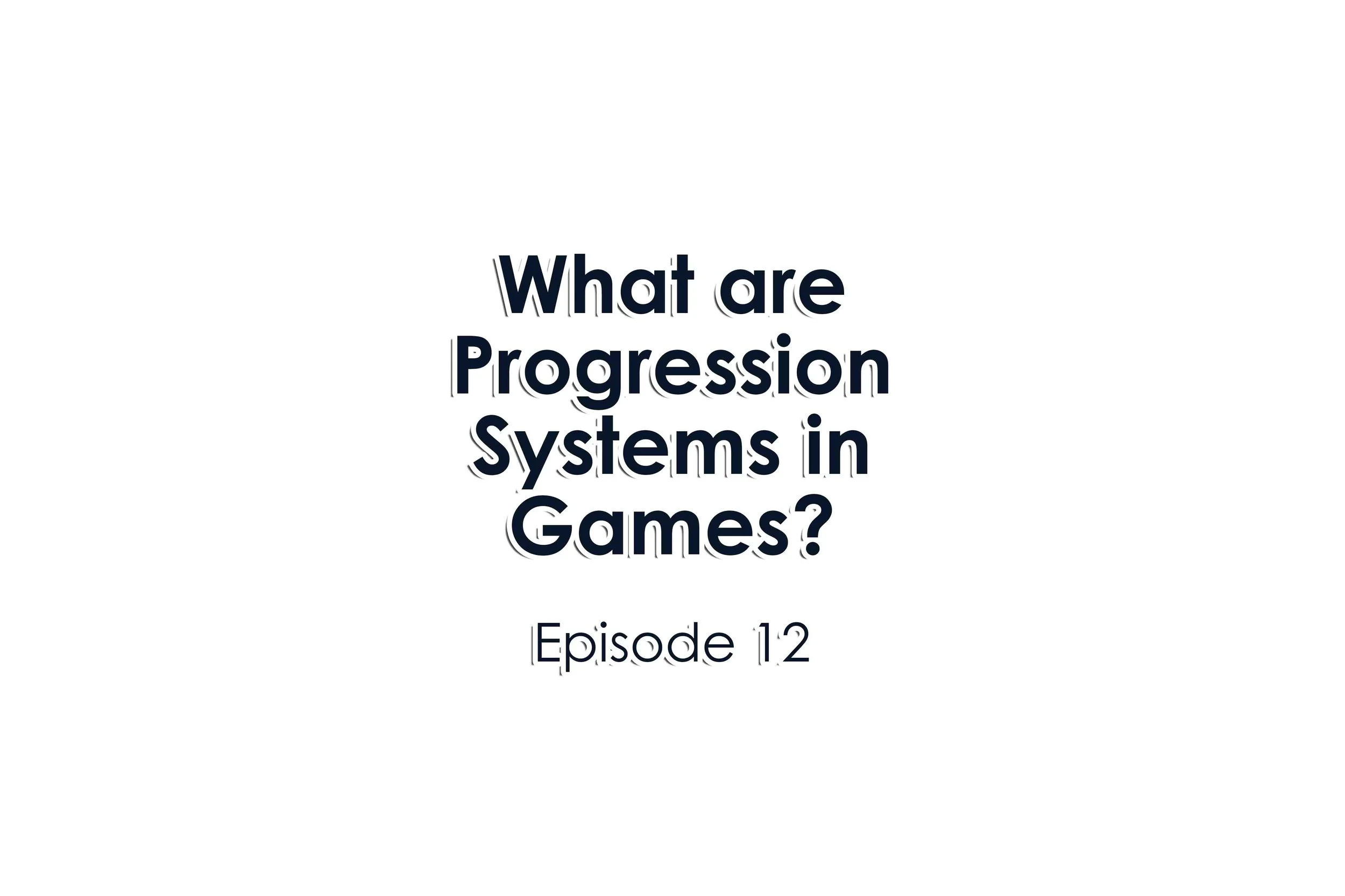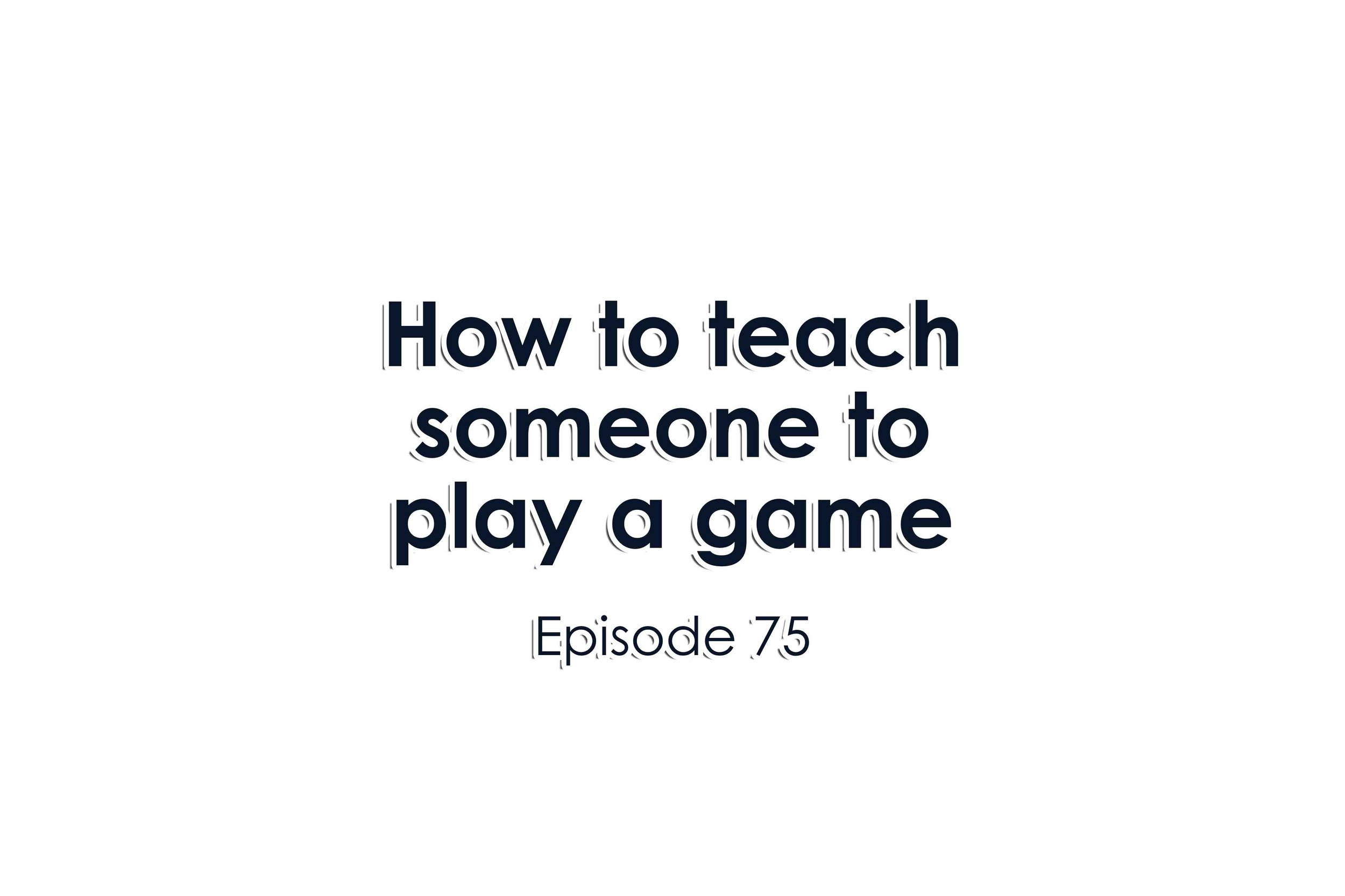One of the most becoming aspects of games is our ability to interact, change, and progress with them. We can progress as individual players; progress against opponents; and progress against the game itself. The formal elements of games in concert with game designers make up these different “progression systems” in games. But what are progression systems? How are they used?
Read MoreOn today’s episode we’ll answer the question “What are Game Goals and Objectives?” Games provide players, users, and learners with opportunities and aspects for interaction for them to engage and pursue a specific outcome. Sometimes those outcomes are set by the players themselves. Especially, if they want something from their experience.
Read MoreOn today’s episode we’ll cover “How to teach someone to play a game.” Bringing someone into gaming is one of the most rewarding aspects of the community. Games provide many great benefits. They can be entertaining, rewarding, and used for teaching, training, learning and development.
Read MoreOn today’s episode we’ll answer the question: “What is Player Agency?” Player agency is about giving our players the time, space, and resources needed in order to make decisions in games. But is that is the only thing that agency provides to players? Is agency even a good thing? If so, then what amount of agency is the right amount to give to players? How should players navigate this agency? And how should they go about making decisions in the game?
Read MoreOn today’s episode we’ll cover the decision space in games. One can say that decisions are the heart of many games. It’s why we play: to see the impact of our actions. As game designers; we want to empower players to live their fantasies through our games.
Read More




